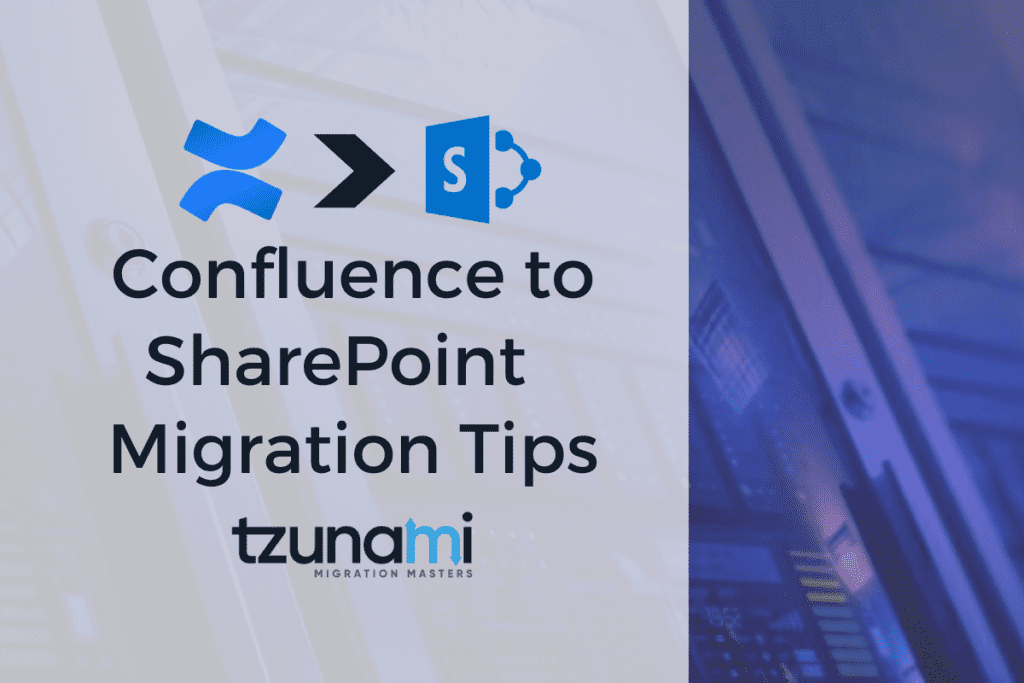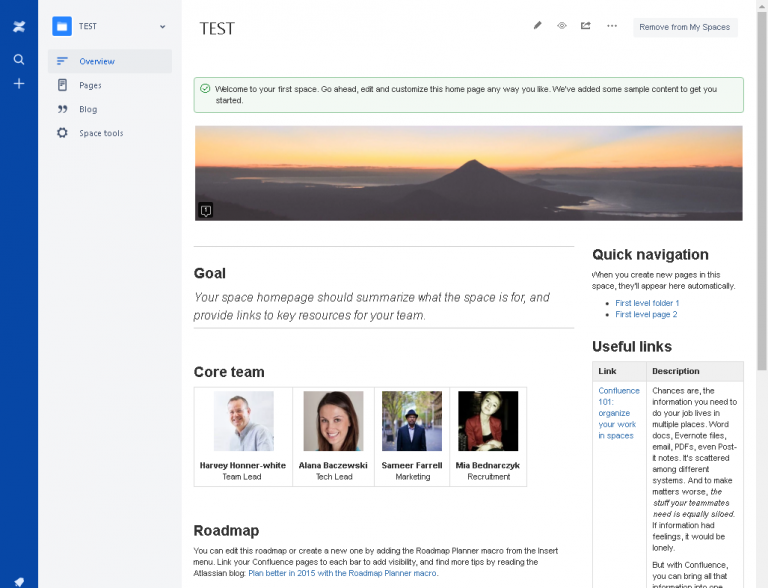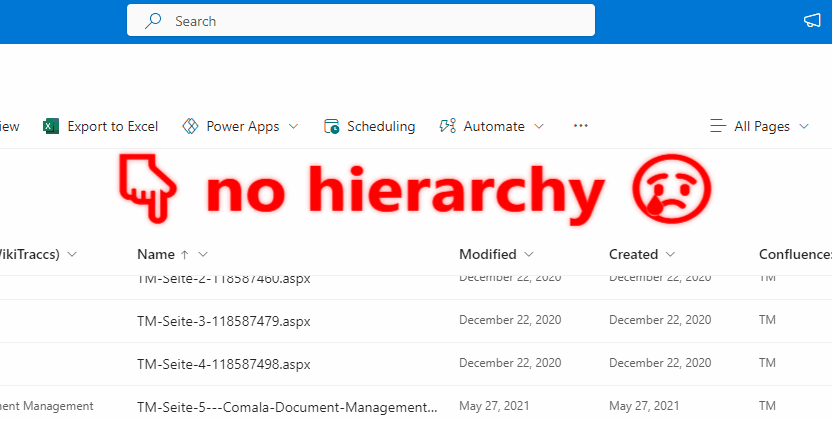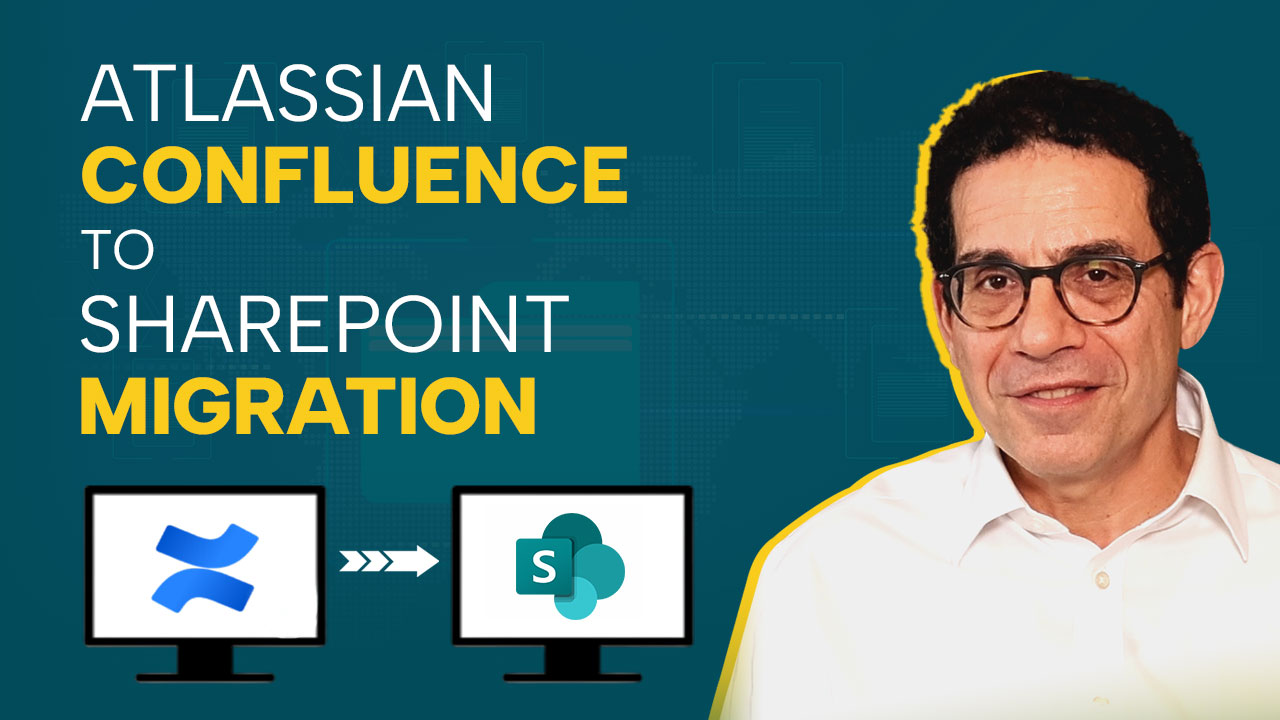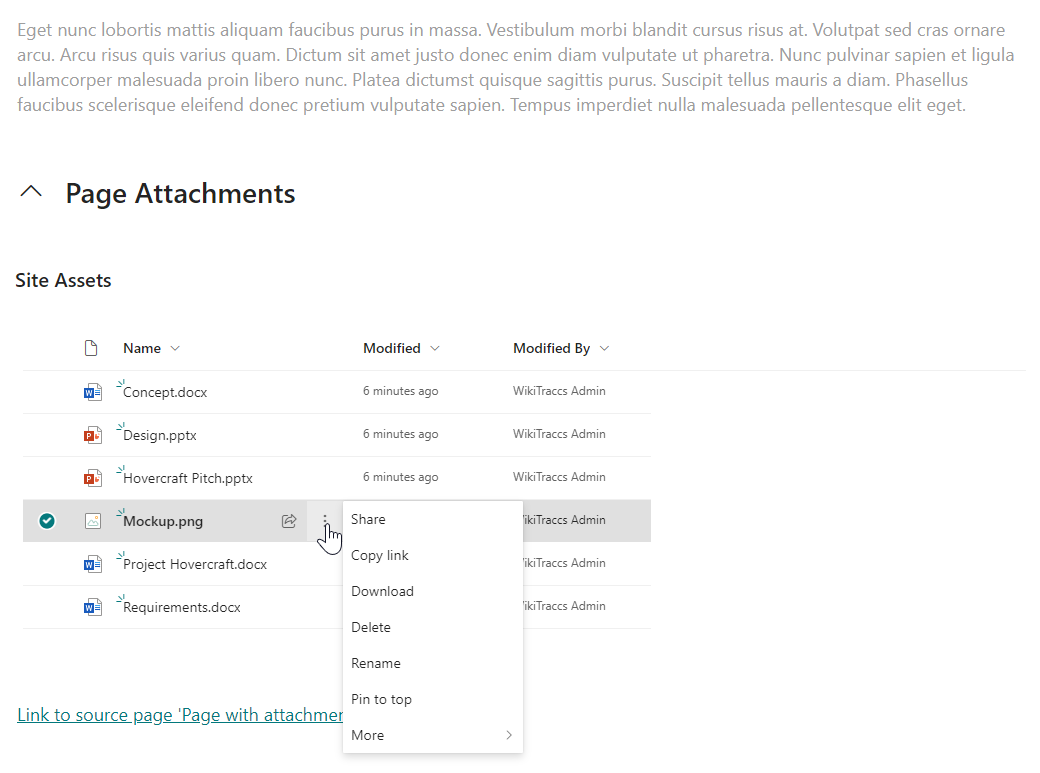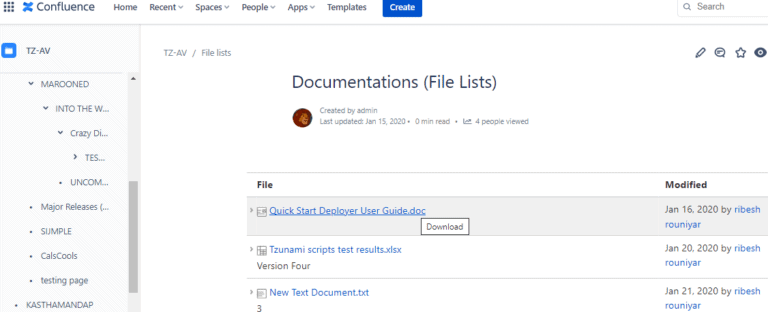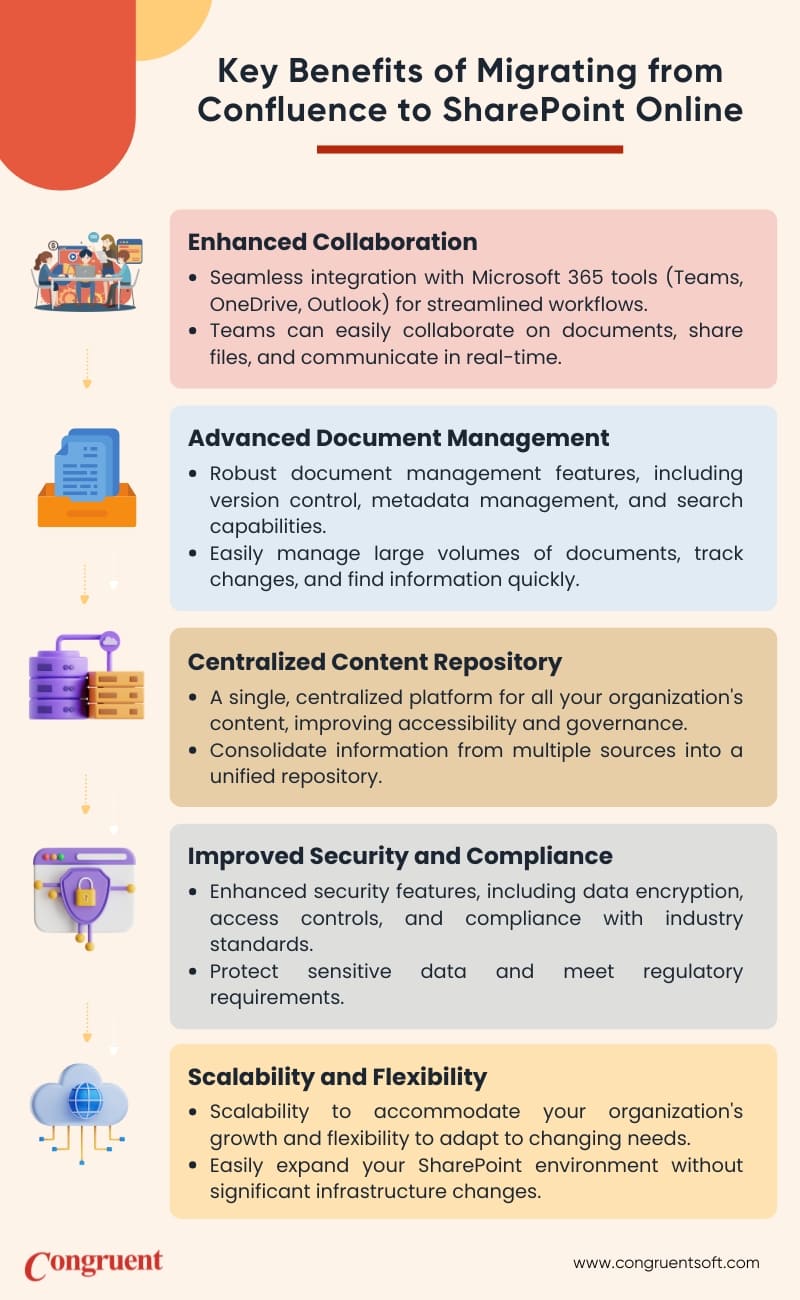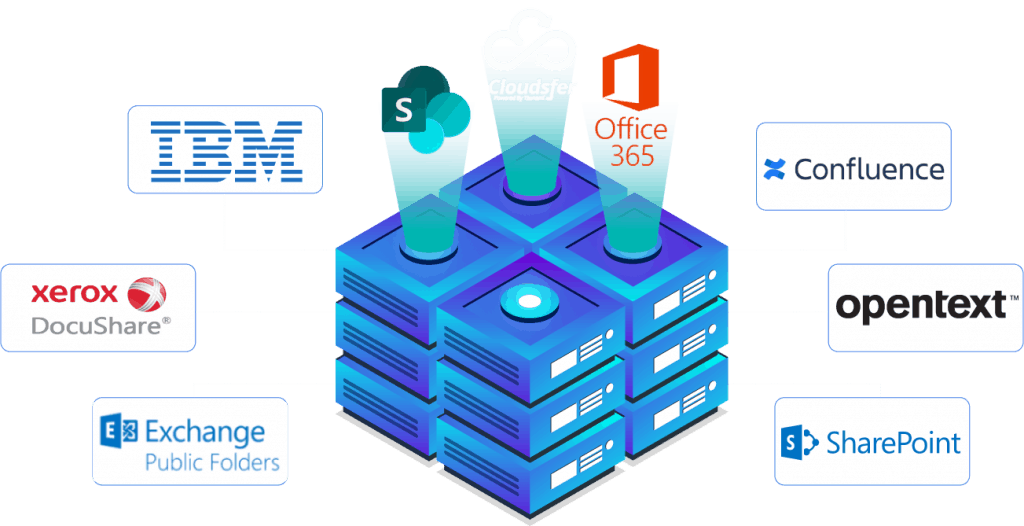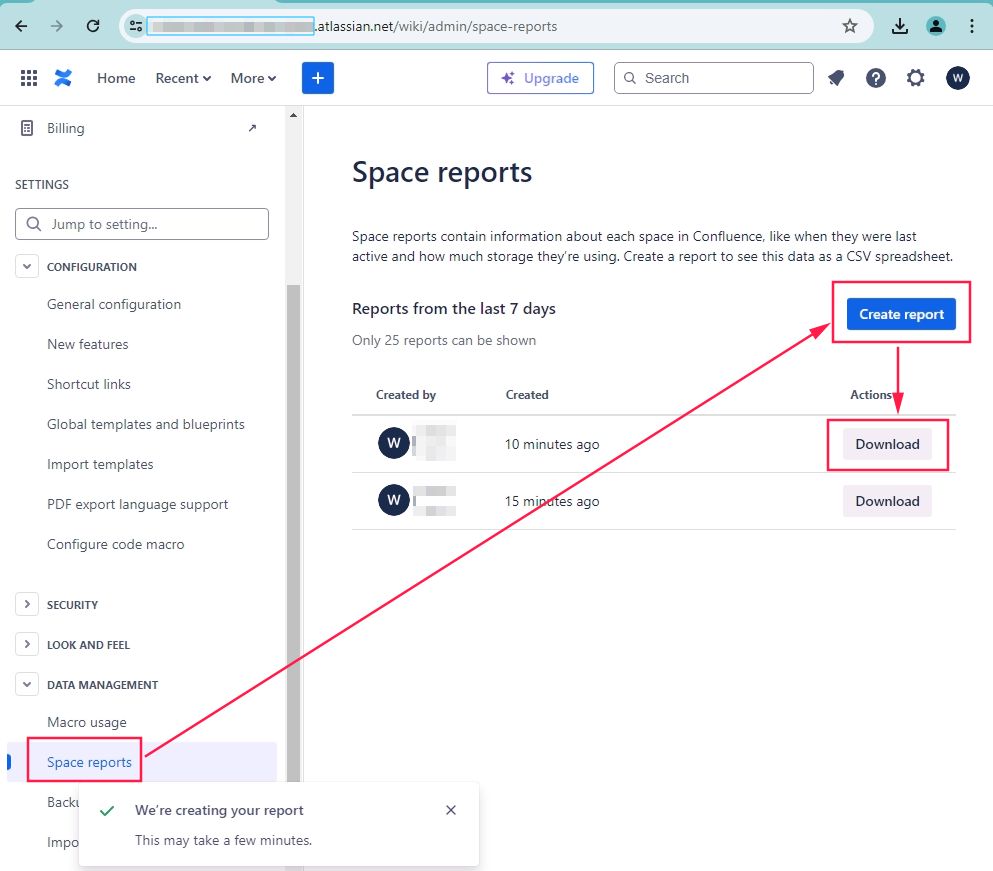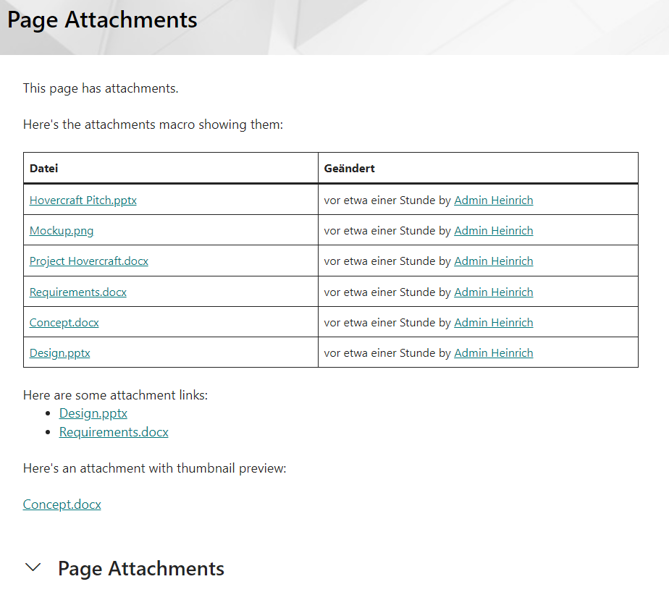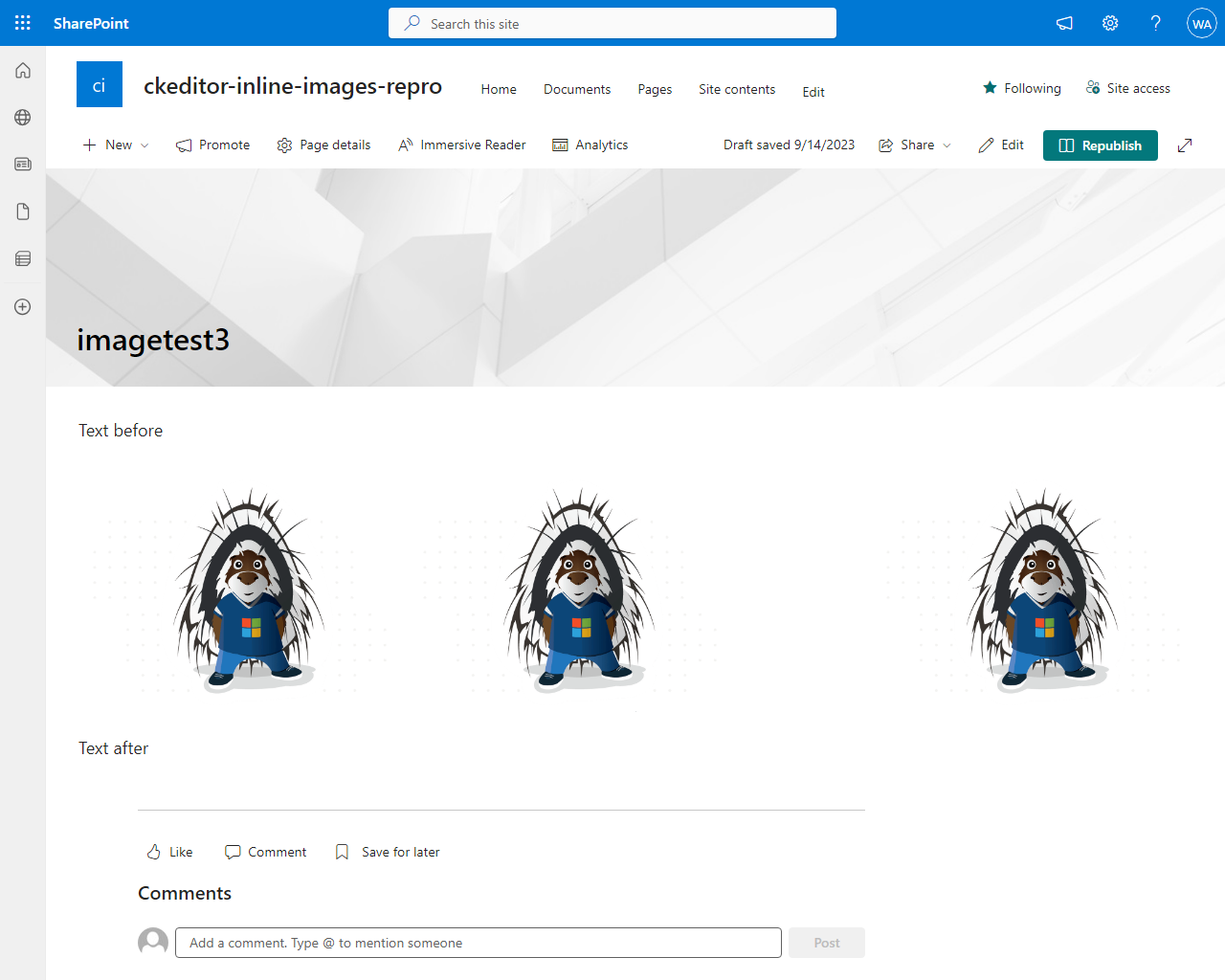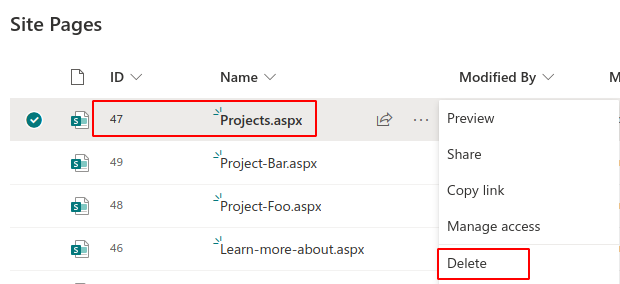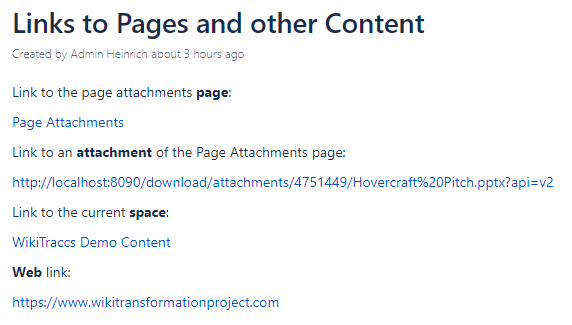Migrate Confluence Pages To Sharepoint

Organizations are increasingly undertaking complex migrations, and a common scenario involves moving content from Atlassian's Confluence to Microsoft SharePoint. This transition, driven by various factors, presents both opportunities and challenges for businesses of all sizes.
This article examines the trend of Confluence to SharePoint migrations, exploring the reasons behind these shifts, the processes involved, and the potential implications for users and organizational workflows.
Why the Migration?
Several key drivers contribute to the decision to migrate from Confluence to SharePoint. One major factor is organizational standardization, with companies increasingly favoring a unified technology ecosystem. A 2023 report by Gartner indicated that over 60% of enterprises are actively consolidating their collaboration platforms to reduce costs and improve efficiency.
Cost is another significant consideration. SharePoint is often included in Microsoft 365 subscriptions, making it a financially attractive option for organizations already invested in the Microsoft ecosystem. Avoiding redundant licensing fees can lead to substantial savings.
Integration capabilities also play a vital role. SharePoint's seamless integration with other Microsoft products, such as Teams, Outlook, and OneDrive, streamlines workflows and enhances collaboration. This tight integration contrasts with Confluence, which may require additional integrations to achieve the same level of connectivity within a Microsoft-centric environment.
The Migration Process
Migrating from Confluence to SharePoint is rarely a straightforward process. It typically involves several key steps, including planning, data assessment, migration execution, and post-migration validation.
Planning is crucial. Organizations must carefully assess their content volume, structure, and dependencies to determine the best migration strategy. This includes identifying which content needs to be migrated, how it should be restructured in SharePoint, and any potential compatibility issues.
Data assessment involves analyzing the existing Confluence content to understand its complexity and identify any potential challenges. This may involve cleaning up outdated or irrelevant content and ensuring that the data is properly formatted for migration.
Migration execution involves using specialized tools or scripts to transfer the content from Confluence to SharePoint. This can be a complex process, especially for large organizations with vast amounts of data. There are several third-party tools available to automate this process, although manual migration is sometimes necessary for certain content types.
Post-migration validation is essential to ensure that the data has been successfully migrated and that all content is accessible and properly formatted in SharePoint. This includes testing links, verifying permissions, and ensuring that users can easily find the information they need.
Challenges and Considerations
Despite the potential benefits, migrating from Confluence to SharePoint presents several challenges. Data loss is a key concern. Ensuring the integrity and completeness of the migrated data is paramount.
Content formatting differences between the two platforms can also pose challenges. Confluence uses a different markup language than SharePoint, requiring careful conversion to maintain the original formatting.
Organizations should plan for potential formatting discrepancies and develop strategies to address them.
User training is another critical aspect. Employees need to be trained on how to use SharePoint effectively to ensure a smooth transition and maximize the benefits of the new platform. Change management is vital to mitigate resistance and promote adoption.
Impact and Future Trends
The trend of migrating from Confluence to SharePoint is expected to continue as organizations prioritize integration, cost-effectiveness, and standardized collaboration platforms. As the Microsoft 365 ecosystem evolves, its appeal as a comprehensive solution will likely grow.
The increasing sophistication of migration tools and services will further streamline the process, making it easier for organizations to move their content. This is not a universal solution, as organizations still rely on Confluence, depending on what features are important to each business.
Ultimately, the decision to migrate from Confluence to SharePoint is a strategic one that should be carefully considered based on an organization's specific needs, goals, and technical capabilities.

